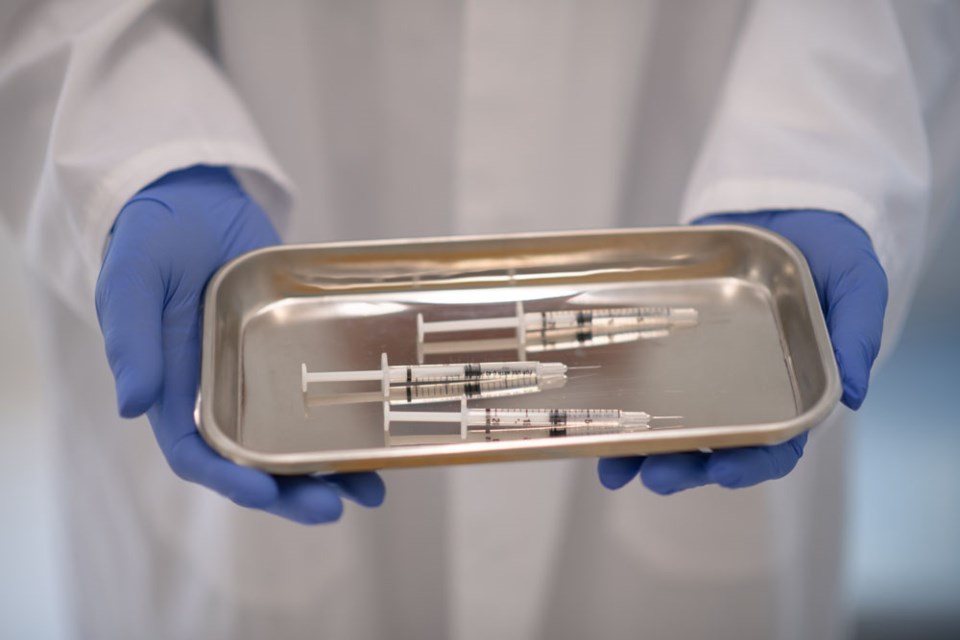Vancouver Coastal Health is working on offering more safe drug consumption services in Richmond.
Details are still be worked out, but Richmond medical health officer, Meena Dawar, told the Richmond News, they are working on setting up an “episodic overdose prevention service.”
As for having a standalone safe-injection site – otherwise known as a safe-consumption site – Dawar said Richmond doesn’t have the density of people using drugs to justify it.
To be effective, a safe-injection site should be near an identified group of drug users who are able to walk to the site.
“In Richmond, there’s not a neighbourhood or area where we could provide such service,” Dawar said.
When the episodic service is set up, VCH will reach out to people who use drugs to let them know this service is available.
However, she added, there isn’t the volume or demand for 24-hour service, rather it will be offered during business hours.
This will be an “add-on” to the range of services already provided for people struggling with substance use.
According to BC Emergency Health Services, paramedics responded to 356 overdoses or toxic drug poisonings in Richmond in 2022. Meanwhile, 28 people died of drug toxicity.
“Clearly, we need to replace toxic drugs with safe drugs,” Dawar said, adding “so when (drug users are) ready, we can help them.”
The health authority has been increasing access to safer prescribed medication, for example, hydromorphine, ketamine and fentanyl patches, but one solution might a “compassion club model,” Dawar explained.
Already in 2019, the BC Centre on Substance Use was recommending a heroin compassion club model to reduce the number of people dying from toxic drugs.
This would be a co-operative where heroin, legally obtained from a pharmaceutical manufacturer and securely stored, is given only to members.
This would be coupled with scientific evaluation to assess the impact of the compassion club.
The co-operative would undermine the illegal market, the report notes, and could be set up at “little to no operating cost to the public.”
Long history of compassion clubs
Cannabis compassion clubs were set up before pot was legalized to offer products for medical purposes. Similarly, buyers clubs were set up to provide medication to AIDS patients before governments came on board to treat the disease.
BCCSU noted in its 2019 report small user-driven heroin compassion clubs exist, but “they are risky, illegal and without a secure supply of fentanyl-unadulterated heroin. This severely limits access and sustainability.”
“It is proposed that this model (of heroin compassion clubs) be rapidly implemented and rigorously evaluated to understand how this model for regulation and control of the heroin market might reduce fentanyl overdose deaths while undermining organized crime profits and improving public health and safety in British Columbia,” the report noted already in 2019.
Addiction is a health issue
In the meantime, the health authority has had campaigns to reduce stigma for people using drugs, and Dawar notes addiction is a health issue – unfortunately, the toxicity of drugs is causing overdoses and fatalities.
Dawar has a message for people using drugs: please talk to family and friends about your drug use.
Recovery is a journey, she added, noting “It’s okay if you’re using, just use safely.”
“The message is – please don’t use alone,” Dawar said.
For information on harm reduction, including in several language, click here.



